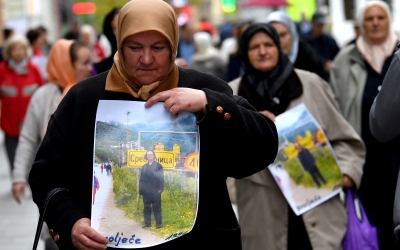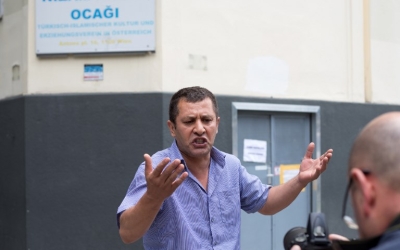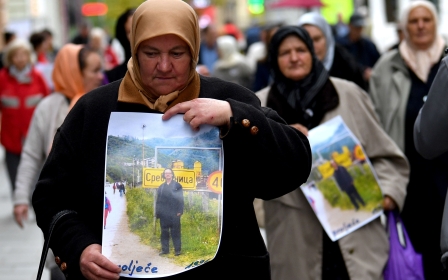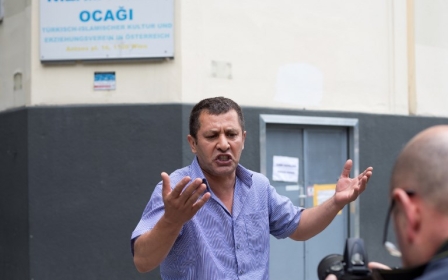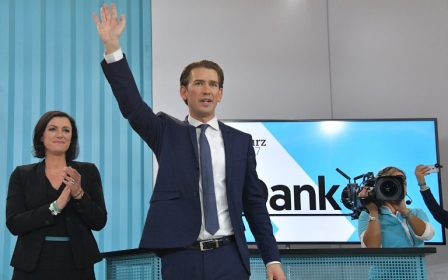Turkey rejects Austria's 'baseless' spying allegations
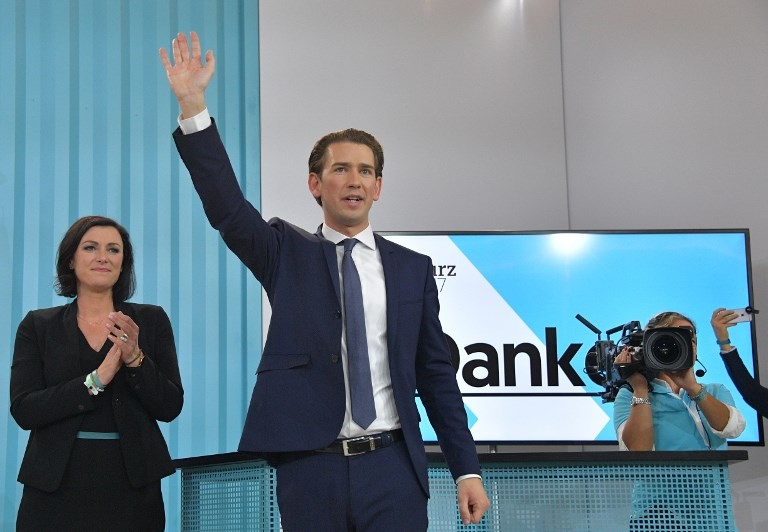
Turkey has rejected Austrian allegations that it employed a Turkish secret service agent in Vienna to provoke clashes during a demonstration held by pro-Kurdish groups last June.
The Turkish foreign ministry statement, released late on Tuesday, came after senior Austrian officials, including Interior Minister Karl Nehammer, had accused Ankara of trying to divide the country by using opaque tactics.
Austrian authorities established a special commission earlier this year to investigate the 24-26 June protests in which around 300 pro-Kurdish demonstrators and Turkish counter-protestors attacked each other with stones and fireworks.
Several people were injured during the disturbances, including police who were beaten with metal bars.
One person has fully confessed to having been “recruited by the Turkish secret service to spy on other Turkish citizens or Austrian citizens with a Turkish migration background to then report them to the Turkish security authorities,” said Nehammer.
"We have a clear message to the Turkish Republic: Turkish espionage and Turkish interference with civil liberties have no place in Austria."
Hami Aksoy, the spokesperson for the Turkish foreign ministry, said: "We reject the baseless claims made by the Austrian authorities about our country.
"It is obvious that anti-Turkey circles are behind these allegations."
Aksoy also accused the Austrian government of not being serious in its allegations.
“We call on the Austrian government not to pursue an artificial agenda using Turkey for shallow and domestic political calculations, but to act with the seriousness of a state and with common sense and to engage in sincere cooperation,” he said.
'Anti-Turkey obsession'
The two countries had a mini diplomatic crisis in June over the violent protests, summoning each other’s envoys to demand an explanation.
At the time, Turkey said that the protestors in Vienna were supporters of the Kurdistan Workers’ Party (PKK).
The PKK, which has fought against the Turkish state for decades, is designated as a terrorist group by the EU, US and Turkey.
Police in Vienna said at the time that some counter-demonstrators had been fined for using a banned hand gesture associated with the Grey Wolves, a Turkish nationalist group
"Austria has become a target country for Turkish espionage. The Turkish secret service is exerting influence on individuals, associations and mosques," said Austria's Integration Minister Susanne Raab on Tuesday.
"Erdogan's long arm reaches as far as Vienna and that is poison for integration in Austria. We do not tolerate this influence."
Mosques closed
Austria is home to a large Turkish immigrant community which is often targeted by local politicians to boost nationalism in a country where concerns over xenophobia and racism are high.
Austria’s right-wing Prime Minister Sebastian Kurz, who is known for his anti-Turkey statements, previously formed a coalition with the Freedom Party, a movement that was established by neo-Nazis.
In 2018, the Austrian government closed eight mosques in the country and sought to expel imams funded by Ankara.
“Austrian politics has not been able to free itself from the vicious circle of populist rhetoric and anti-Turkey obsession,” Aksoy added.
Middle East Eye delivers independent and unrivalled coverage and analysis of the Middle East, North Africa and beyond. To learn more about republishing this content and the associated fees, please fill out this form. More about MEE can be found here.


